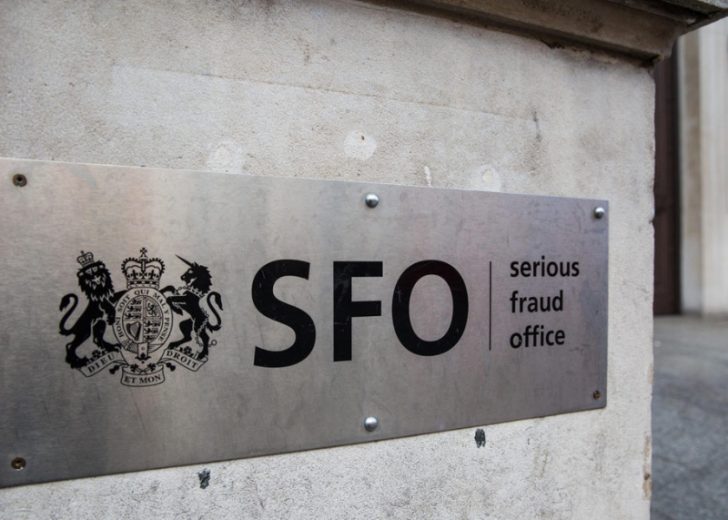A decade after the UK’s Bribery Act came into effect; lawyers consider whether it lived up to expectations aroused. When the Bribery Act was proposed, its strongest advocates felt it potentially wiped out wrongdoing in international business deals. In 2019, the House of Lords deemed it as the ultimate standard for any anti-bribery legislation. For many, it framed the standards for tackling corporate crime, but detractors mention that prosecutions under the Act are too few and far between.

To judge how effective it has been, it would be essential to have a 360 degree analysis? There is no doubt that the Act is now the starting point for all other countries when planning to create anti-corruption legislation. Partly this is because of its far-reaching scope. Effective from the 1 of July 2011, the Bribery Act has uniformly covered all companies of varying sizes, either based in, or with a close connection to the UK. Under the Act, any company can be prosecuted in the UK, for bribery perpetrated on its behalf anywhere in the world by its staff, third party, an intermediary, or a trading partner acting on its behalf. Severe punishments include unlimited fines, up to ten years’ imprisonment. The legislation is not ineffective if unused by those having it at their disposal.
Criticism
This prompted criticism as the Act was sparingly used over the past 10 years, with individuals convicted for offering to pay bribes (a Section 1 offence) or the Section 2 offence involving taking of bribes. The Section 7 dictates strict liability offence due to the failure to prevent bribery, caused most concern to business executives when it became law. However, Section 7 prosecutions being rare, such concerns looked unduly alarmist, in hindsight. Though few prosecutions arose under the Act, it does not mean it is of little value, as three reasons arise, for this.
Three Reasons Dominate

The first obvious reason is: bribery investigations are complex and time-consuming and courts will never be swamped by piles of bribery prosecutions. Secondly, the lack of prosecutions under the Bribery Act is a sign of success by persuading companies to tighten their anti-bribery procedures. Its international reach and severe penalties that can be imposed, possibly ensures compliance. The third reason arises from DPAs or deferred prosecution agreements. 9 of the 12 DPAs, the Serious Fraud Office has settled with companies, relate to bribery. Offences committed prior to the Bribery Act, were not prosecuted under it. DPAs were liberally used by the SFO, instead of Bribery Act prosecutions.
Perspectives

But it is not just criticism against the Bribery Act. In reality, it facilitates the SFO when the SFO is conducts DPA negotiations with some company that has been involved in bribery. This was warning enough when Airbus was fined €991 million under its UK DPA, which formed part of its €3.6 billion global resolution for bribery. All three factors have influenced how the Bribery Act is being used. Despite rare prosecutions, it would be a mistake to argue that it has been a failure and reflects on its use by the authorities rather than any faults in the Act.




